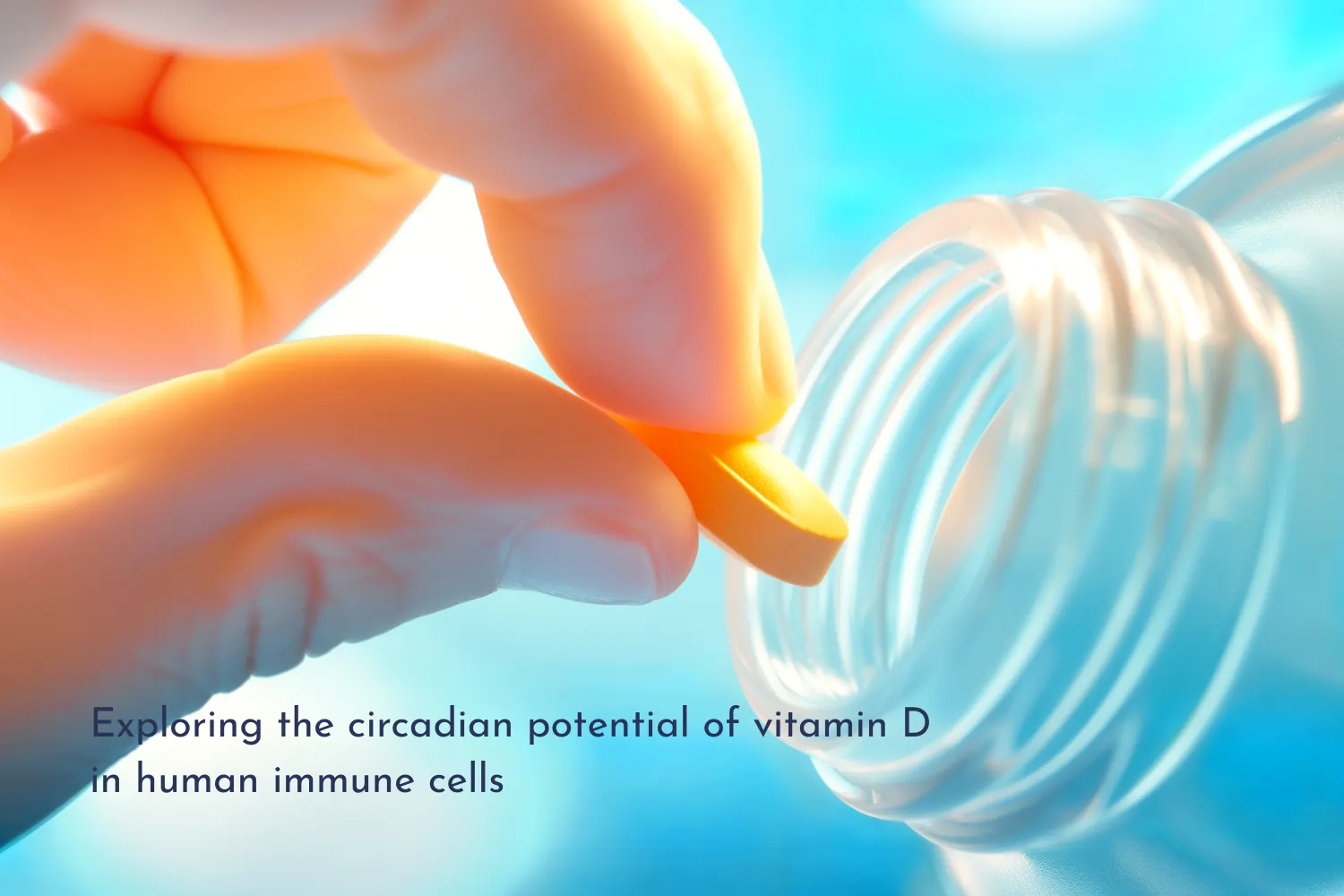Linking the body’s individual response to vitamin D with immunocompetence, or generally speaking: potent immunity, may be the key to explaining the mechanism of how vitamin D protects against the most common diseases and at the same time promotes healthy aging.
– The results of our research suggest that immunocompetence describes not only an individual’s ability to resist pathogens and parasites, but also to fight non-communicable diseases and the aging process itself – emphasizes Prof. Carsten Carlberg from the Institute of Animal Reproduction and Food Research of the Polish Academy of Sciences in Olsztyn, a world-famous biochemist specializing in research on vitamin D.
The publication with the research results was published in the journal “Nutrients”. The co-author of the article is Dr. Eunike Velleuer from the University of Düsseldorf (Germany).
AN IMPORTANT REGULATOR
Vitamin D affects the functioning of the entire body via its modulatory actions on the immune system. In contrast, vitamin D deficiency causes malfunctions of the immune system, leading to, among others increased susceptibility to infectious diseases or autoimmune diseases.
Based on the results of his previous research, prof. Carlberg proposed dividing the population into three groups according to the level of the body’s response to vitamin D: high, mid and low responders. A high level of responsiveness means that the body is able to make a maximum use of the effects of vitamin D (it has a high molecular response to vitamin D), and that in such group of people the need for supplementation is lower than in people from the low responder group.
This division is a starting point for understanding the scientist’s subsequent research. This time he looked at the relationship between the above-mentioned grouping and the processes occurring at the molecular level in cells sensitive to changes in vitamin D – in the context of the aging process.
VITAMIN D IN THE AGING PROCESS
Aging is a natural and inevitable process of accumulation of molecular and cellular damage, which leads to defective functions of cells, tissues and organs that weaken the entire human body. Some profound changes in the immune system at the molecular level contribute to a decline in immunocompetence, i.e. the ability of the human body to respond appropriately to an exposure to an antigen.
As overall immunocompetence declines during aging, the relative number of immune cells decreases.
– However, there are differences between people in this population group, i.e. some people have a higher percentage of immune cells than average, and some have a lower percentage. Therefore, in the same age group there are people with higher immunological resistance and others with lower ones. Therefore, it can be assumed that in the first group the rate of aging is slower and the incidence of diseases is lower, while in the second group accelerated aging and a higher rate of disease should be observed – explains Prof. Carlberg.
On this basis, it can be assumed that the relationship between the level of the body’s individual response to vitamin D and its immunocompetence plays a significant role in the aging process.
Prof. Carlberg and his team use this relationship to develop a mechanism explaining how vitamin D affects the epigenetic programming of immune cells, in particular monocytes and their derived cells. Details can be found in the source publication.
– Our study results suggest that vitamin D is an important element of healthy aging, not only for maintaining bones and skeletal muscles in good condition, but also for the homeostasis of the immune system. We also believe that a sufficient amount of vitamin D, adapted to the individual needs of the body, should stabilize immune resistance, protect against many diseases and maintain a low rate of aging – concludes the scientist.






